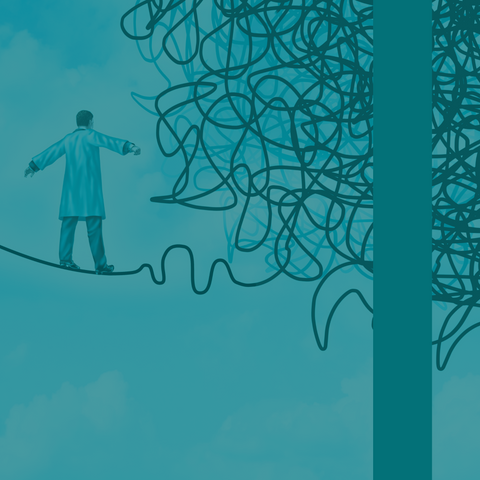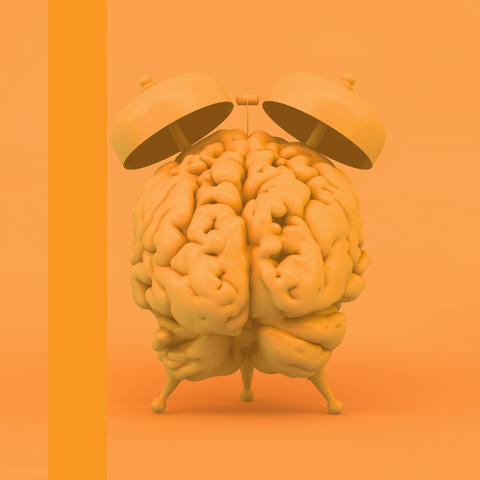Learning & education

This article explores six commonly prescribed pharmaceutical drugs, elucidates the biological mechanisms that can impair focus, and sheds light on the difficult balance between therapeutic benefits and cognitive side effects.

In our previous articles, we’ve discussed supplements that can help boost your immune system and lifestyle practices you can adopt to enhance your immune system. Adding onto that, we’ll be discussing 8 ways to strengthen your immune system without leaving your home in this article.

In today’s article, we will investigate five lifestyle aspects that can influence the immune system in a range of fundamentally important ways.

In this article, we will look at six common medications and their potential to fuel anxiety. The medications discussed here range from beta-blockers, often used for cardiovascular conditions, to hormonal contraceptives, prescribed for birth control and other hormonal imbalances.

Sleep is considered the most fundamental element of the glymphatic system activity, particularly slow-wave sleep during non-rapid eye movement (NREM) sleep [10]. Both sleep duration and quality influence the glymphatic system as sleep disruption results in glymphatic clearance impairment and compromises the essential removal of extracellular metabolites from the brain [9].
AI-generated responses are for informational purposes only and do not constitute medical advice. Accuracy, completeness, or timeliness are not guaranteed. Use at your own risk.
Trixie - AI assistant
close-

Hi, I'm Trixie👋 How can I help you today?

